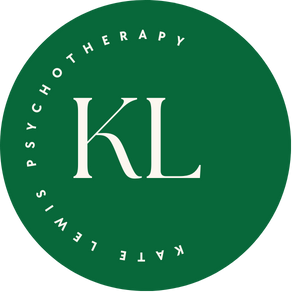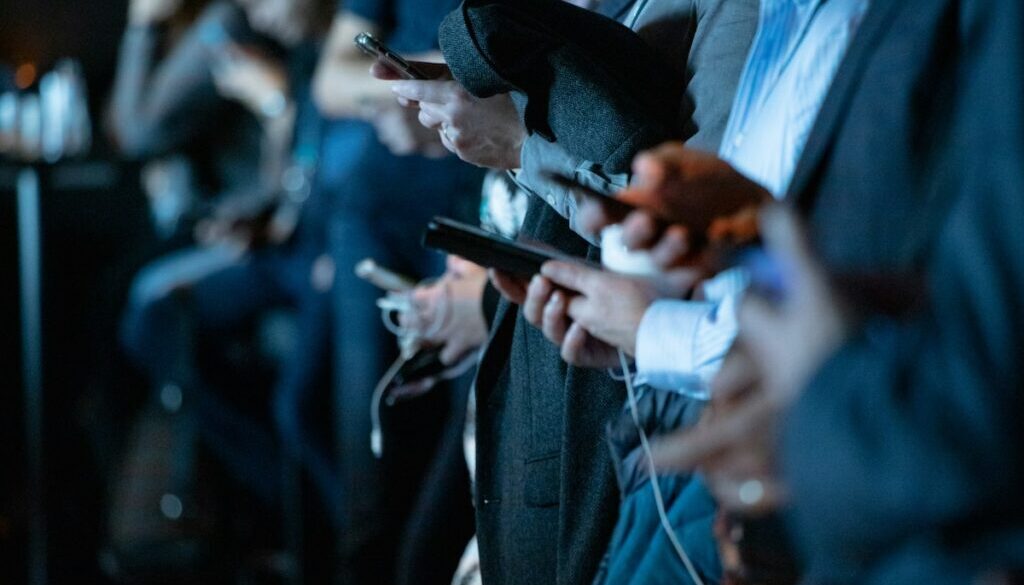Is it time to stop scrolling?
Why are we more anxious, more burnt out, less clear-minded, and less confident than ever—even though you’re reading the self-help books, listening to the podcasts, following the advice, and doing all the things? Yet, in the quiet moments, all that remains is anxiety and overwhelm.
Something seems to be happening in the world of mental health—something pervasive, though hard to name. I wonder if a vital element of lasting therapeutic change is missing: the relationship.
In therapy, the relationship is the conduit for transformation. Without the therapeutic alliance, we’re left to navigate the complexities of our inner world alone. This creates fear, which leads to anxiety. The challenge with navigating the world on our own is that we are relational beings. Even the most introverted or solitary among us need, at the very least, the presence of another in order to integrate our inner experiences and feel grounded, stable, and strong to move through life.
The podcast, the Instagram post, the follow, the book — these cannot substitute for a real relationship. The problem is that we consume information without truly relating to it, because it exists outside of us. We are being told, talked at — and under those conditions, it becomes difficult to internalise what we hear.
To internalise something deeply requires trust and vulnerability — the conditions in which real, lasting personality change can occur. When we’re doom-scrolling or listening to a podcast on the way to work, our minds and bodies aren’t in a state to absorb anything meaningful. Our defences are up; we’re not open to genuine transformation. True change happens when something is felt in our bones — not just understood intellectually, but experienced somatically and psychologically.
By trying to soothe ourselves with endless advice and self-help content, we lose touch with the very thing that makes transformation possible: relationship.
Why is relationship so vital for deep psychological change? Because we are relational beings — we crave attachment. The great psychoanalyst and founder of Attachment Theory, John Bowlby, wrote:
“What is believed to be essential for mental health is that the infant and young child should experience a warm, intimate, and continuous relationship with his mother (or permanent mother substitute) in which both find satisfaction and enjoyment.” (Bowlby, 1951)
This is why the relationship is central in therapy. First, the client must be able to attach — which is not always easy, especially if attachment has been difficult in the past, or if the client and therapist’s attachment styles clash. Second, every relationship faces challenges, and part of the therapeutic process is to endure and work through these difficulties to find growth. Of course, there are limits — clients should never have to tolerate harm. But once a healthy therapeutic alliance is established, the work lies in experiencing and repairing the ruptures that naturally occur. This is the substance of therapy.
And this is precisely what we lose when we consume therapy content passively, or when we turn to Siri instead of a person.
So, if you’re struggling or seeking help, stop turning to your phone — and turn to another human being. Therapists are there to meet you in your darkest moments. We want to connect. We are trained to help. And we cannot be scrolled through.
Human connection is vital. Let it in — and you will feel its rewards.
If you are interested in online therapy please get in touch.




